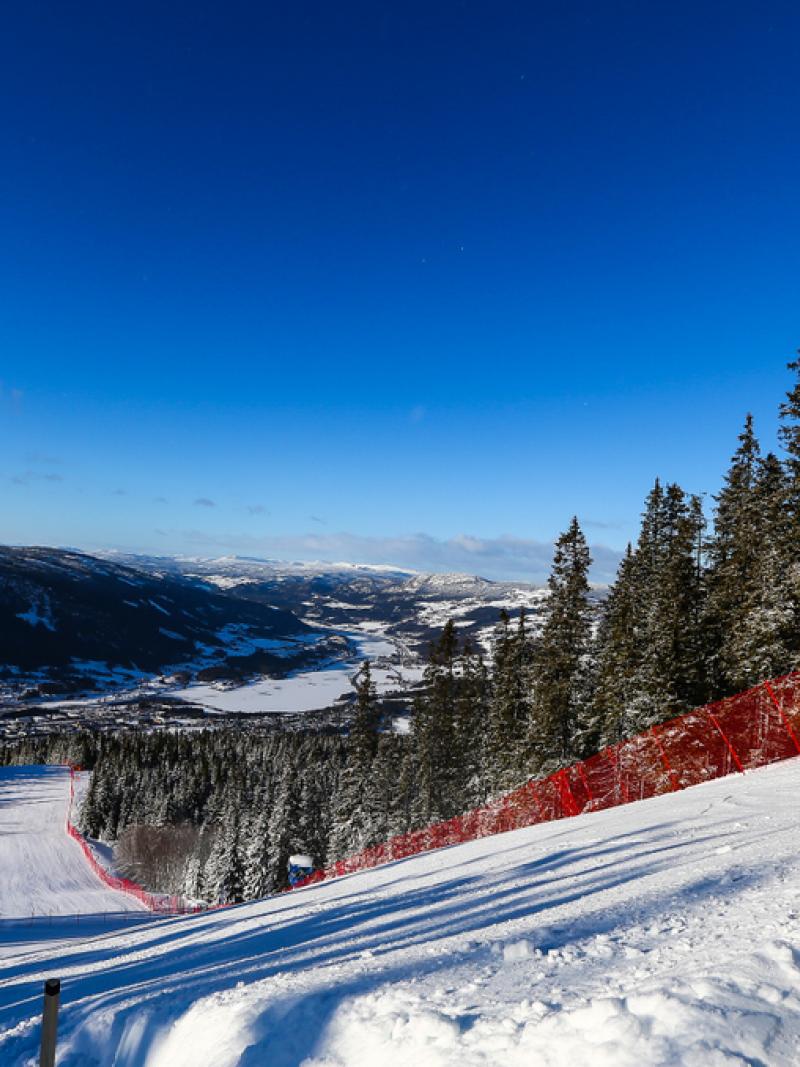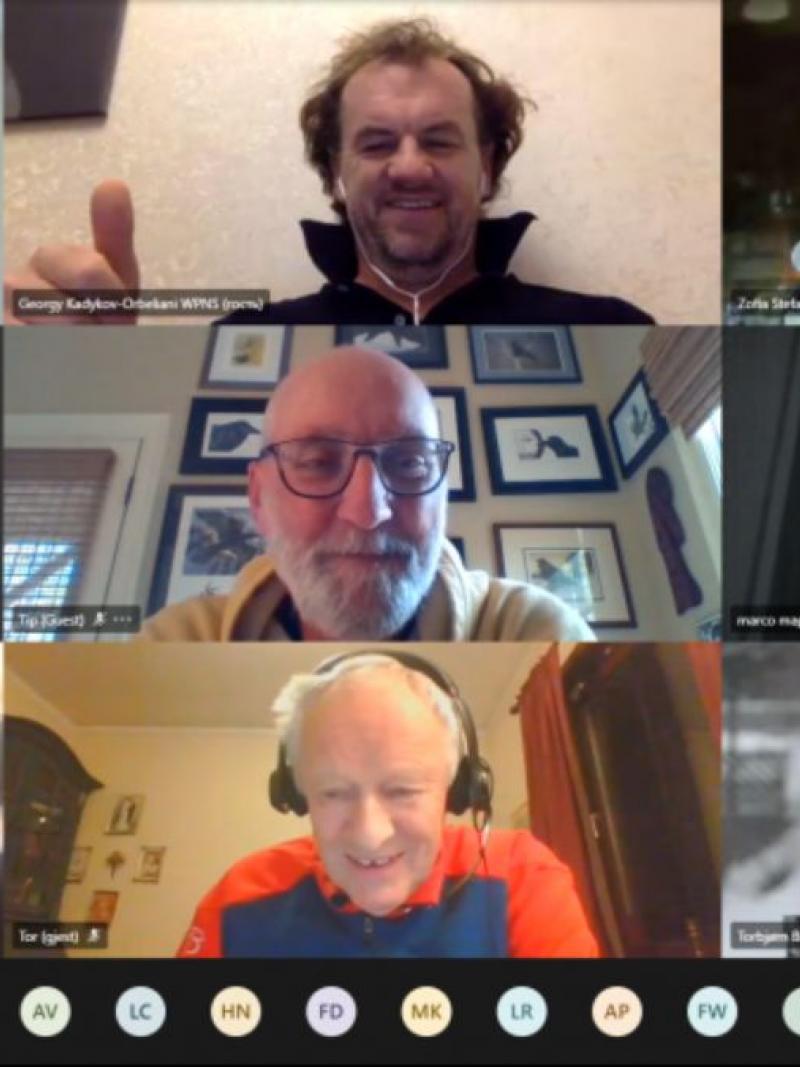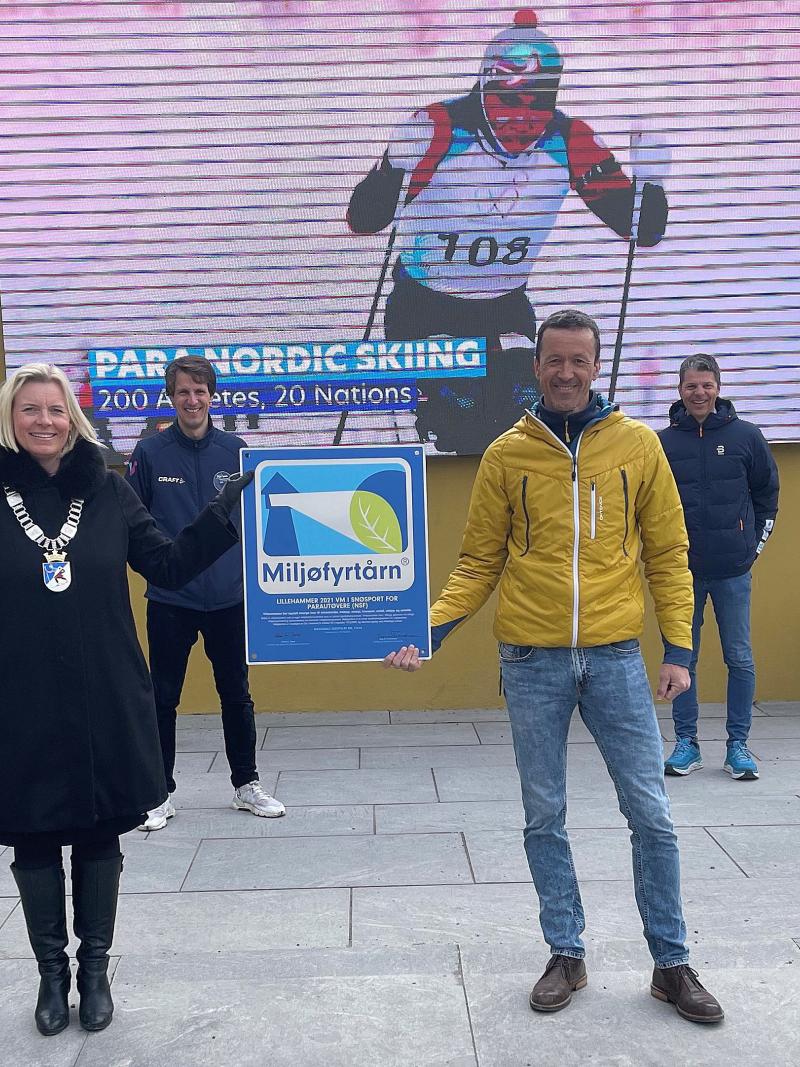World Para Snow Sports concludes successful classifiers course
Online education course held from April to May attracts double the expected number of participants 18 May 2021
Almost 50 medical and sport professionals from 21 countries took part in a month-long World Para Snow Sports classifier course, which concluded in early May. This was double the number of participants originally expected to enrol.
The education course, held online from 12 April to 9 May, is part of the effort to increase the number of international and national classifiers in World Para Snow Sports, as well as their geographical representation.
“We are really happy with the outcome and the positive feedback we received so far,” said Elke Gundermann, World Para Snow Sports Manager. “We will consider undertaking further online courses such as this one in the future.”
Learning classification
The course was open to professionals with backgrounds in medicine and sports, such as doctors and physical therapists, as well as coaches and medical team staff.
There were a total of 47 course participants who were split into two groups: Para Alpine Skiing together with Para Snowboard (29 participants), and Para Nordic Skiing (18 participants).
USA-based Kate McDermott is one of those aiming to become an international classifier in Para Alpine Skiing and Para Snowboard. She has a doctorate degree in physical therapy and has worked as a physiotherapist since 2013, primarily with individuals who have neurological conditions. She has also competed in figure skating at a national and international level.
McDermott heard about the course while searching for “a more fulfilling career path” and enrolled at the encouragement of a fellow physiotherapist who has worked as a classifier.
“The more I learned about [classification], the more interested I became and ultimately decided to take this course,” McDermott said.
“I had an unfortunate experience in my sport of figure skating where a judge approached me after competition to apologise for the judging panel’s error," McDermott added. "It’s a terrible feeling to work hard for something and feel like it wasn’t officiated fairly. Even though this isn’t the same sport, becoming a classifier feels like an opportunity to serve the purpose of helping to make sporting events more fair and that is exciting to me.”
Marit Eline Sporck, who has a master’s degree in sports physiotherapy and works at a rehabilitation hospital in Norway, also enrolled in the course on a recommendation from a colleague. She works mostly with people who had strokes, spinal cord, or brain injuries.
Like McDermott, Sporck aims to become an international classifier, but in Para Nordic Skiing.
“Through my work, I meet a lot of people who participate in Para sports at different levels, and I know that Para sports are very important to many people,” Sporck said.
“In taking this course I have learned that many of the examination methods we use in clinical motion analysis are very relevant and applicable to Para sports classification. By this I mean both the standard physio examination - evaluation of spasticity, muscle strength, range of motion - and the evaluation of movement quality.”
Self-study and live sessions
The World Para Snow Sports course was a combination of self-study and live sessions. The nine live sessions were either combined or separated into the two groups, depending on the topic.
There was also one role-play session in which course participants simulated a real-life classification process in smaller groups of four to five people.
“The role play was fantastic and helped me consider real-life situations that I might not have thought of just reading the rulebook,” McDermott said.
“There were many seasoned classifiers attending the course who would give advice and talk about their experiences. During my role play scenario session, I got to listen to an experienced classifier explain to an athlete why they are not eligible for competition. It was very professionally and respectfully done and helped me better understand how to approach these situations.
“I knew very little about classification before the course,” she added. “I especially enjoyed learning about the assessment techniques used in classification. I was pleasantly surprised by the depth of assessment and attention to detail. It was reassuring that many of these techniques I already use in my practice as a physical therapist.”
This was the first, theoretical component of the two-part classification course. It concluded with a final exam. Participants who passed the exam and are interested in becoming international classifiers can advance to the second, practical component where they will get an opportunity to apply their skills on site at a World Para Snow Sports event during the 2021-22 season.
World Para Snow Sports has held five international classifier courses since 2014 and more similar courses are planned for the future.
“I think both potential classifiers and support teams - coaches, physios, sports medical practitioners - would benefit from this course,” Sporck said. “It is a very good and precise course that covers a lot of aspects of Para Snow Sports, from history and ethics to medical and technical examination.”







